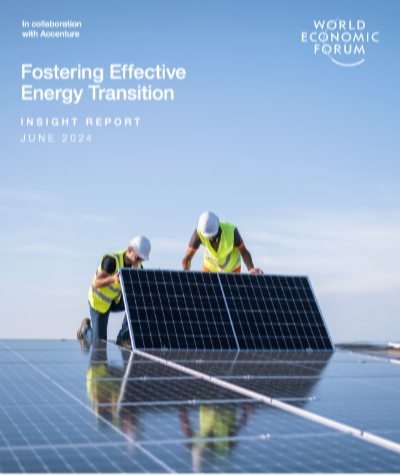
"The energy transition is progressing but has lost momentum in the face of increasing global uncertainty. The Energy Transition Index (ETI), which benchmarks 120 countries on their current energy system performance and on the readiness of their enabling environment, finds that while there has been notable progress in energy efficiency and a marked increase in the adoption of clean energy sources, energy transition momentum has been held back by setbacks in energy equity, driven by rising energy prices in recent years. Energy security also continues to be tested by geopolitical risks."
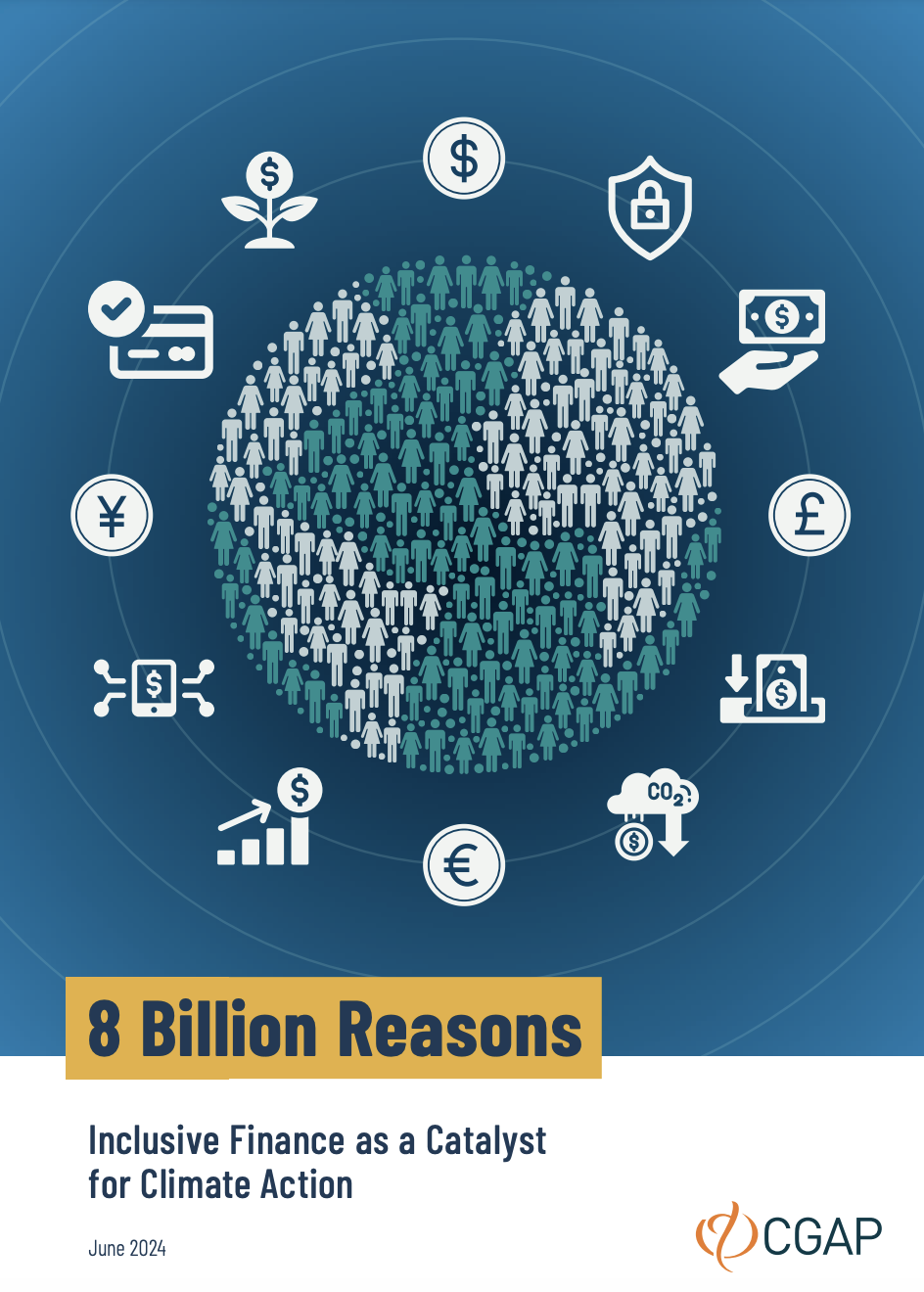
"We cannot tackle climate change effectively without inclusive financial services. CGAP outlines five areas for collaborative action between stakeholders working on climate change and those working on inclusive finance in order to leverage inclusive finance to scale grassroots climate action."
Read more … 8 Billion Reasons: Inclusive Finance as a Catalyst for Climate Action

"The global economy in a sticky spot
Global growth broadly unchanged amid persistent services inflation
Global growth is projected to be in line with the April 2024 World Economic Outlook (WEO) forecast, at 3.2 percent in 2024 and 3.3 percent in 2025.
Services inflation is holding up progress on disinflation, which is complicating monetary policy normalization. Upside risks to inflation have thus increased, raising the prospect of higher for even longer interest rates, in the context of escalating trade tensions and increased policy uncertainty. The policy mix should thus be sequenced carefully to achieve price stability and replenish diminished buffers."

"Economic renewal must begin with the goal of human flourishing on a thriving, living planet
If economics is to be a tool for moving human societies away from endemic crisis toward a resilient and thriving future, then its renewal starts with a new compass and map that are fit for our times."
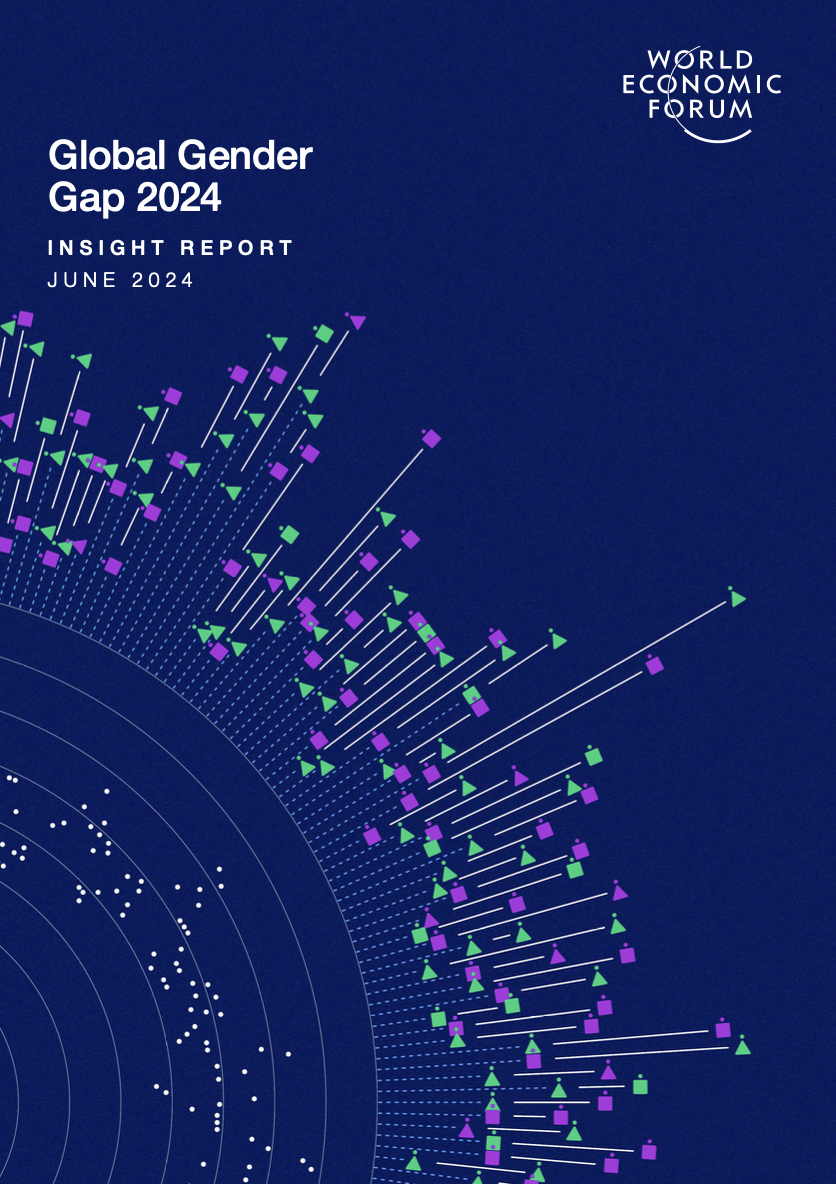
"The Global Gender Gap Index annually benchmarks the current state and evolution of gender parity across four key dimensions (Economic Participation and Opportunity, Educational Attainment, Health and Survival, and Political Empowerment). It is the longest-standing index tracking the progress of numerous countries’ efforts towards closing these gaps over time since its inception in 2006."
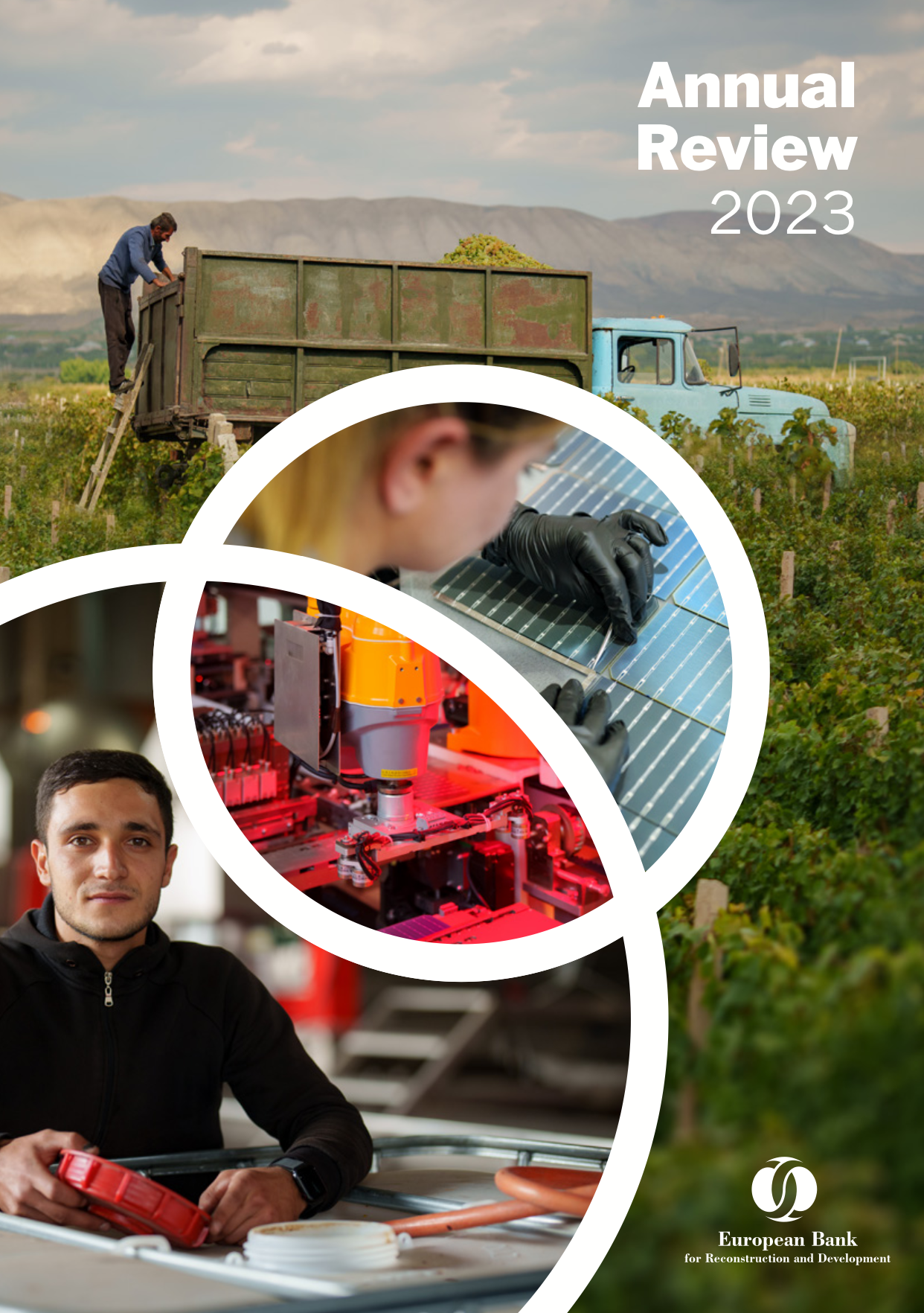
"The Annual Review 2023 highlights historic decisions that will strengthen and expand the EBRD’s reach and boost its long-term impact. EBRD approved both a €4 billion capital increase to continue its vital work in Ukraine, and expansion into sub-Saharan Africa and Iraq.
The EBRD continues to respond to crises, reaching a record of €6.5 billion of financing in our Green Economy Transition approach, and providing support for Türkiye and Morocco in the aftermath of terrible earthquakes.
The Bank’s transformation agenda continues to deliver a modernised institution that is an effective and efficient partner."
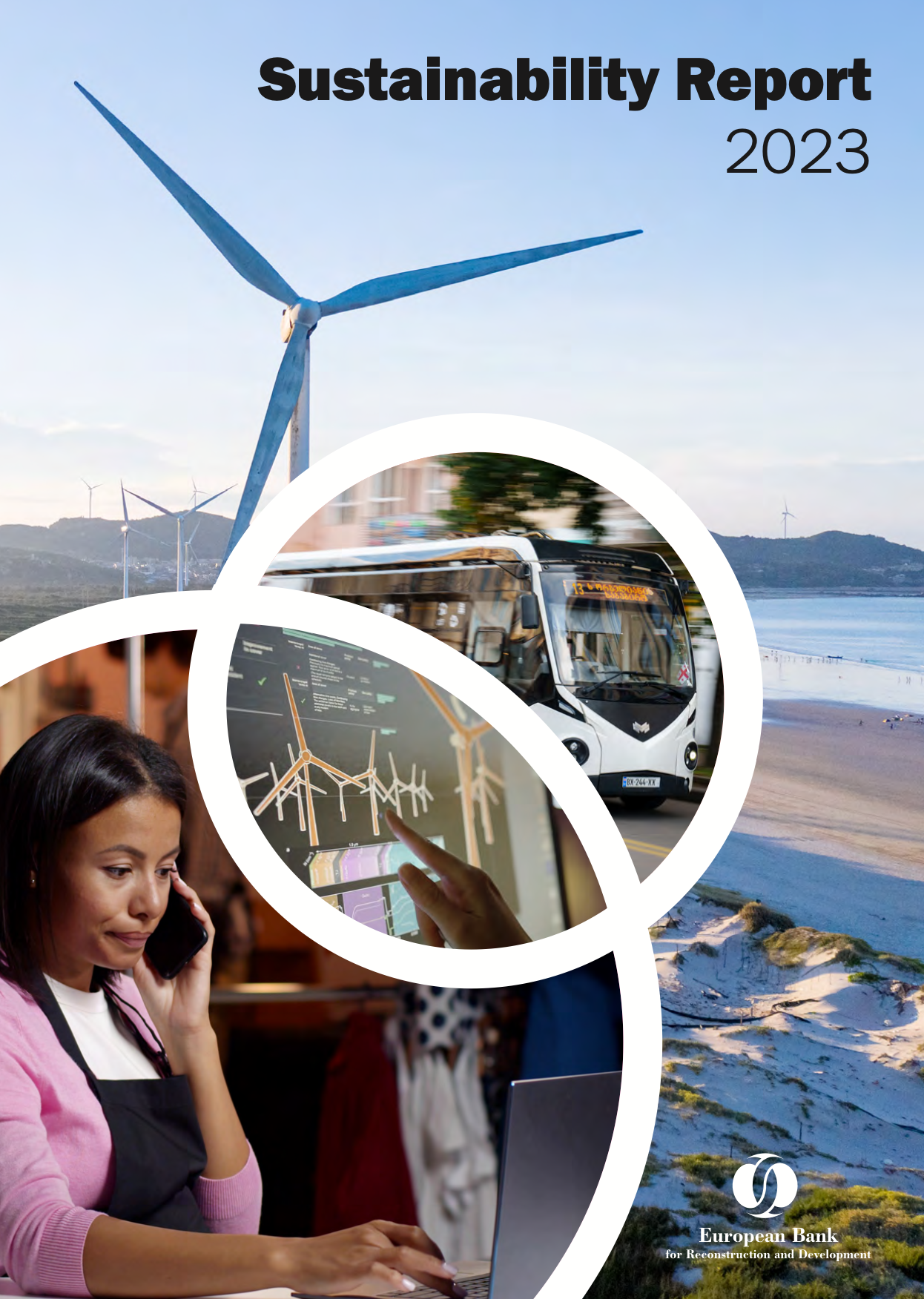
"The Sustainability Report 2023 looks at a year in which the EBRD continued to deliver on the sustainability goals against a backdrop of alarming geopolitical tension, inflationary pressures and environmental challenges. The Bank also made significant progress on promoting economic inclusion, with the share of “gender SMART” projects increasing to 44 per cent."
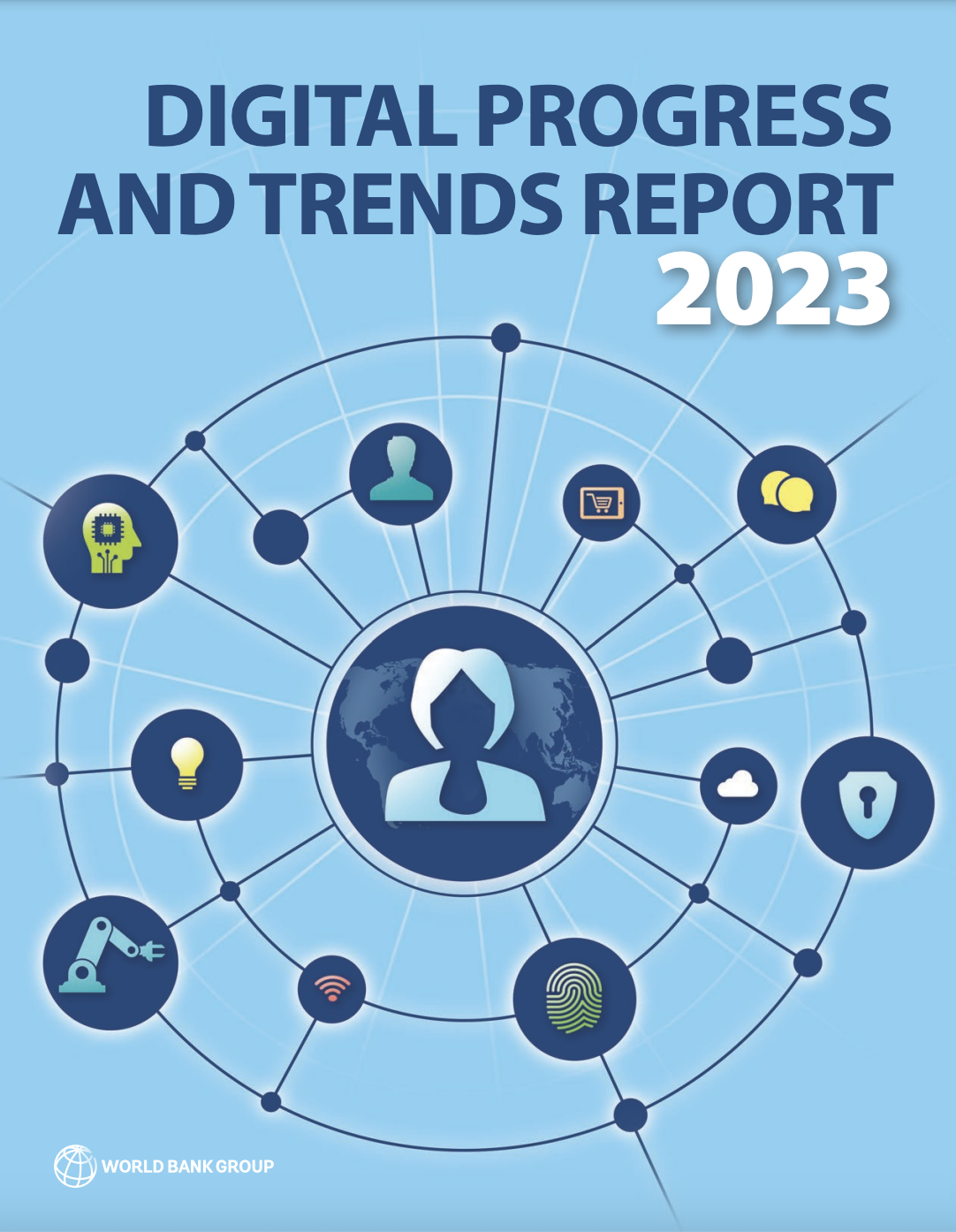
"Digital technologies are transforming economies, creating jobs, and improving lives. They have dramatically changed communications, business, health, education, finance and more.
Yet the digital divide remains stark and is becoming synonymous with a development divide. Billions of people around the world are still offline, and digital advancement has been uneven, exacerbating the gap between the digital haves and the have-nots.

"Using rich data on personnel records, work assignments, and performance in a financial institution, this working paper uncovers the mechanisms leading to promotion gaps in knowledge teamwork. There is a substantial promotion gap for women in early careers. Analysing over 10,000 investment projects, it was found that assignments to project team leaderships (a “promotable” task) are crucial in explaining the gaps in promotions and affect long-term careers. Causal evidence that male supervisors favour male bankers was found. A survey among employees indicates that women perceive to be disadvantaged in the assignments of tasks, but they do not differ in aspirations and demand for these roles."
Read more … Gender Promotion Gaps in Knowledge Work: The Role of Task Assignment in Teams
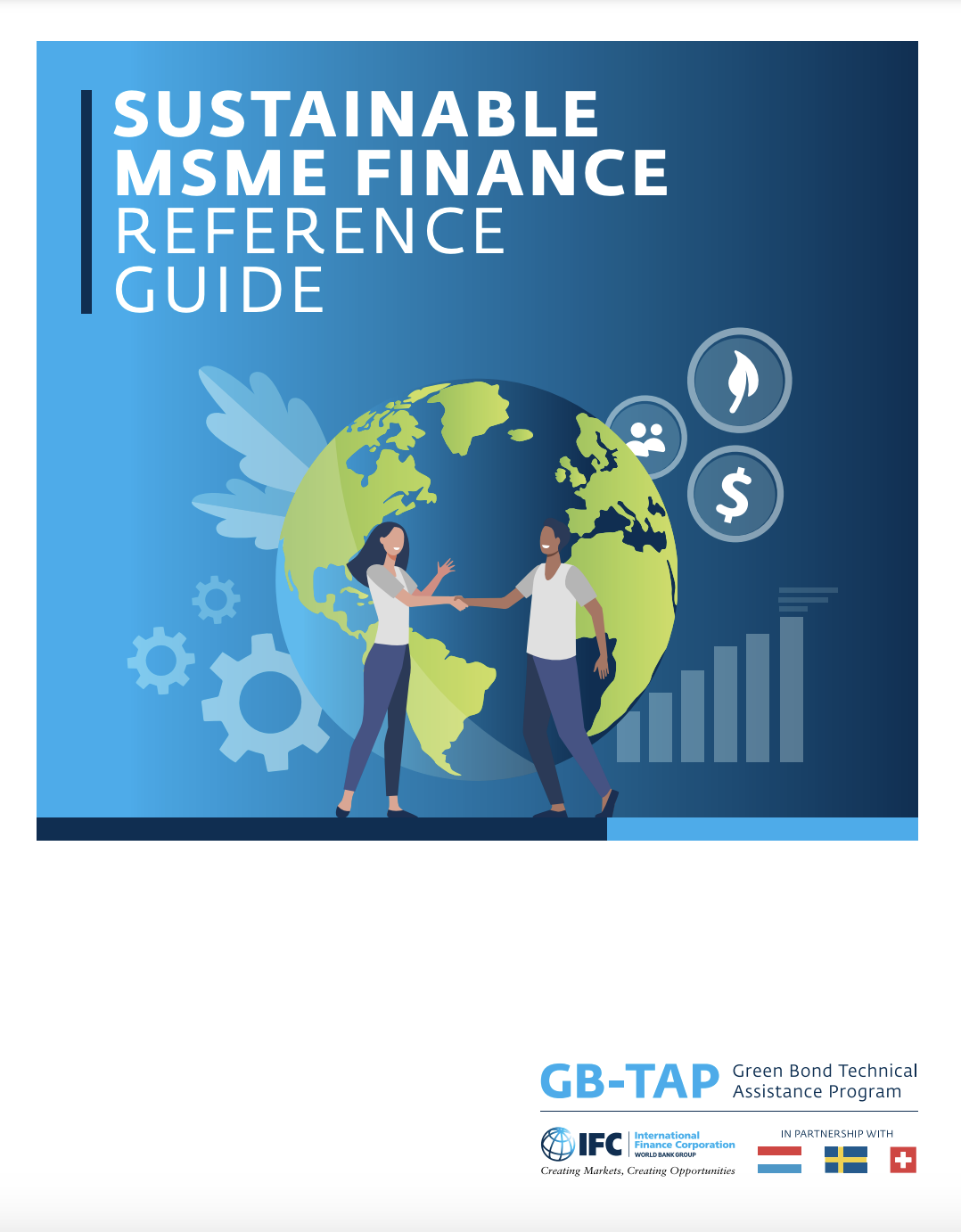
"Micro, small and medium enterprises (MSMEs) are essential in the transition to a more sustainable economy. They comprise 90% of businesses worldwide and make up more than 50 percent of all employment.
However, MSMEs' access to finance in emerging markets remains severely constrained, restricting not only business growth but also their sustainability efforts. Financial institutions (FIs) have an important role in bridging the MSME finance gap while enabling their green and just transition. Sustainable finance can be used to fill this gap while benefitting FIs themselves by expanding their portfolios and diversifying their investors.
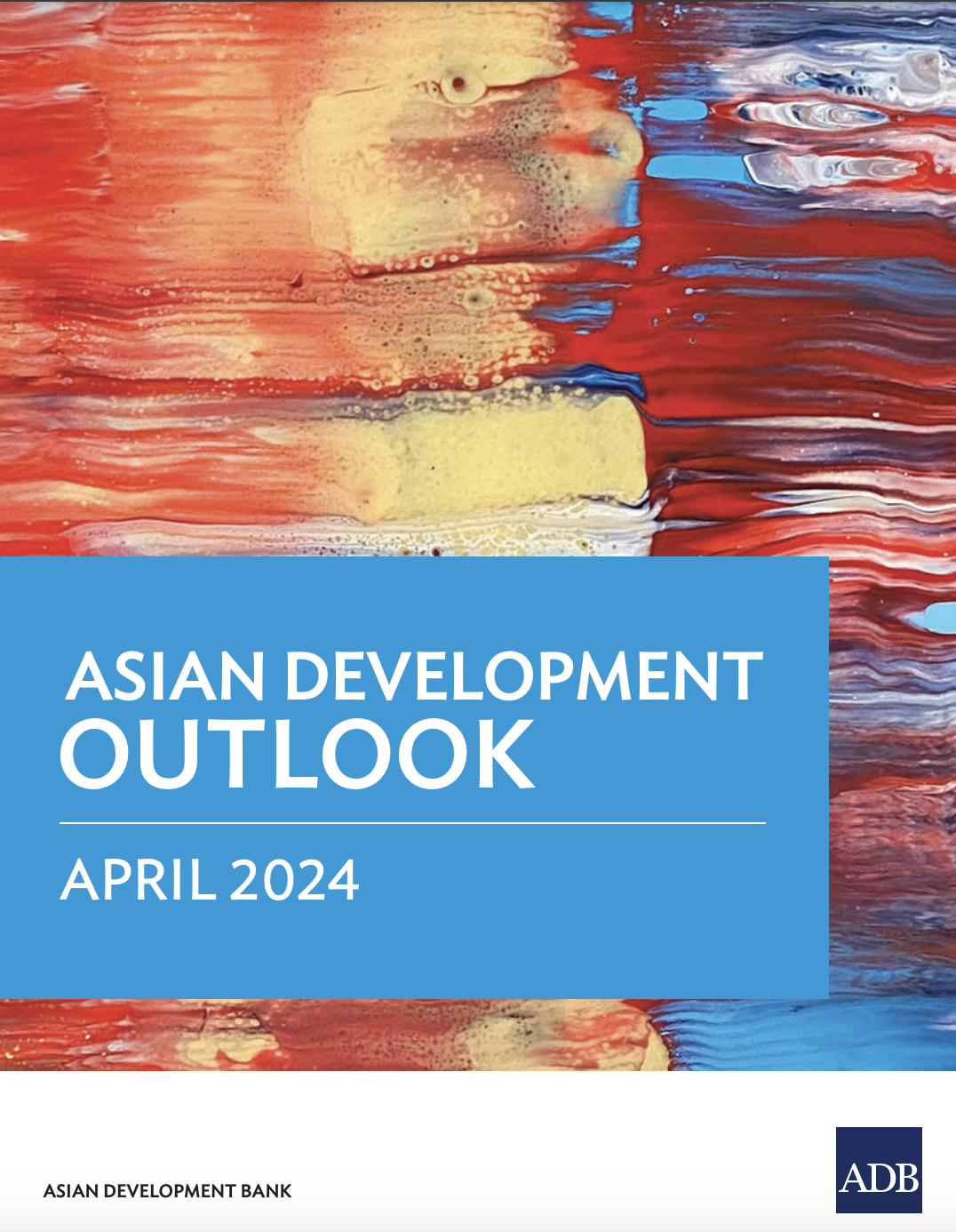
"Regional inflation will moderate further, as global food and fuel prices stabilize. However, several risks warrant attention. Escalating conflicts and geopolitical tensions may disrupt supply chains and impact commodity prices. Uncertainty surrounding US monetary policy, potential further weakness in the property market in the People’s Republic of China, and extreme weather events could present challenges for the region. Policymakers should intensify efforts to bolster resilience by fostering trade, cross-border investment, and commodity supply networks."
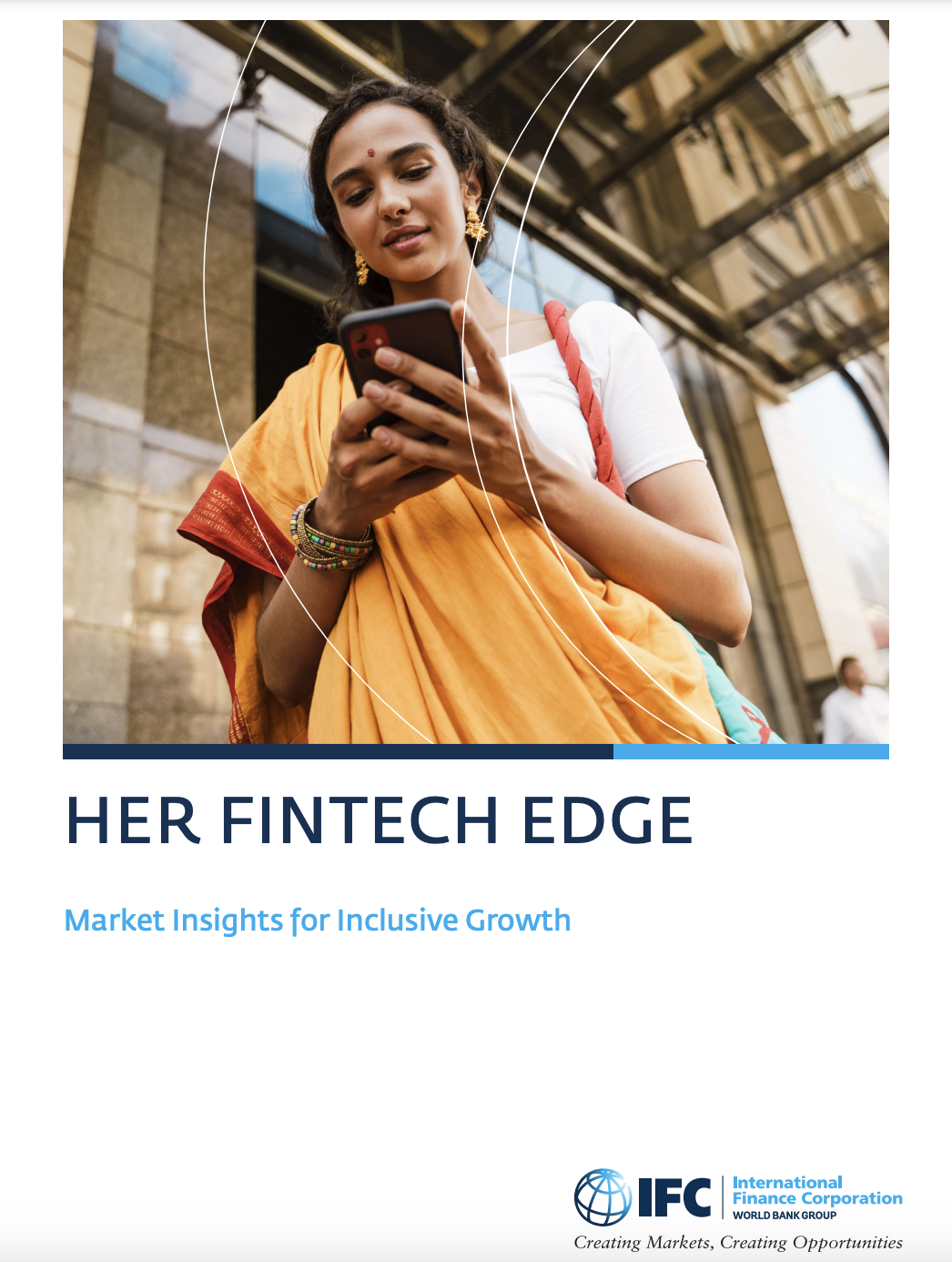
Market Insights for Inclusive Growth
"Unlocking the potential of digital financial services (DFS) is crucial for women's financial inclusion and empowerment. While barriers to access persist, fintech companies have emerged as key players in bridging this gap. However, limited research exists on how fintech companies are delivering on their promise and what practices lead to success. This study addresses these gaps, drawing on a survey of 114 fintech companies across 17 countries as well as interviews with 25 industry leaders."


